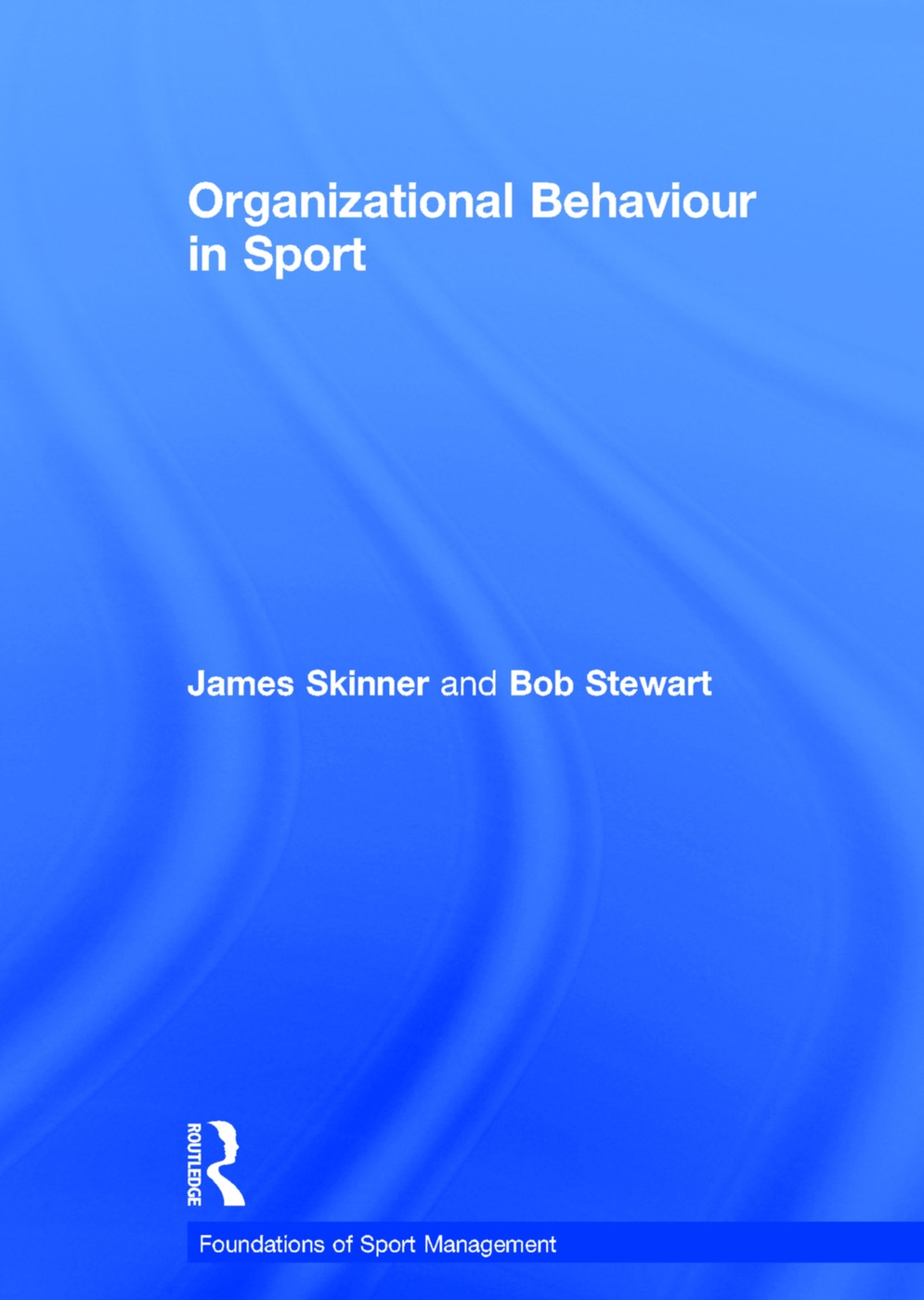- What makes the sports organization different from other commercial organizations?
- How can managers in sport improve organizational effectiveness?
Sport is a special kind of commercial enterprise. Whether it’s the ability to engender exceptionally high levels of commitment and loyalty or the fact that the employees (athletes) are simultaneously the service provider and the product, the sports organization is different.
This comprehensive and accessible textbook examines the key theories that are used to underpin organizational analysis in sport, helping the student and practitioner to understand the different types of behaviour that occur within the sports organization and to develop ways of managing that behaviour more effectively. The book explores behaviour on individual, interpersonal, group and whole organization levels, and develops an evidence-based framework for analysis built around key concepts such as:
- motivation
- rewards and incentives
- interpersonal relationships
- power, influence and leadership
- culture and ideology
- conflict, disputes and grievances
- anxiety, stress and alienation
- equity and inclusion.
With international case-studies and data, review questions and useful guides to further reading included in every chapter, no other textbook develops critical skills or an awareness of ethical issues as effectively as this book. It is important reading for all students and practitioners working in sport, leisure or recreation management.











